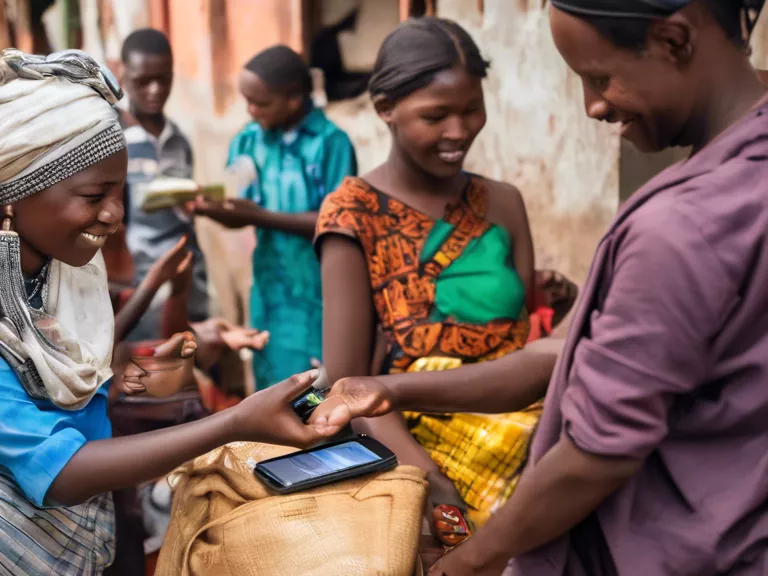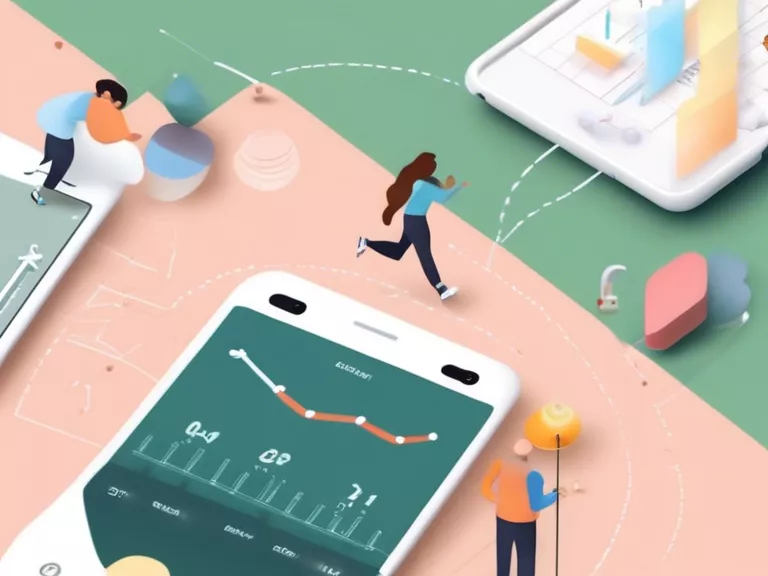
With the rise of mobile payment apps, access to financial services has been revolutionized, especially in developing countries. These apps play a crucial role in expanding digital financial inclusion by providing convenient and affordable solutions for billions of people who previously had limited or no access to traditional banking services. From transferring money to paying bills and even saving for the future, mobile payment apps have transformed the way individuals manage their finances.
One of the key benefits of mobile payment apps is their accessibility. With just a smartphone and internet connection, individuals can easily conduct financial transactions from anywhere at any time. This is particularly important for those living in remote or underserved areas where banks may be scarce or non-existent. Mobile payment apps provide a bridge to financial inclusion for these individuals, allowing them to participate in the formal economy and access a range of financial services.
Moreover, mobile payment apps are often more affordable than traditional banking services. Many mobile payment apps offer low or no fees for transactions, making it cost-effective for individuals to send and receive money. This is particularly beneficial for low-income individuals who may be burdened by high fees associated with traditional banking services. By lowering the barriers to entry, mobile payment apps make it easier for individuals to engage in financial activities and build wealth over time.
Additionally, mobile payment apps are user-friendly and cater to individuals of all levels of financial literacy. With features such as digital wallets and budgeting tools, these apps empower individuals to take control of their finances and make informed decisions. This not only promotes financial inclusion but also improves financial literacy among users, leading to greater economic empowerment and resilience.
In conclusion, mobile payment apps are playing a critical role in expanding digital financial inclusion worldwide. By providing accessible, affordable, and user-friendly solutions, these apps are democratizing financial services and bringing millions of individuals into the formal economy. As mobile technology continues to advance, the impact of mobile payment apps on financial inclusion is expected to grow, creating new opportunities for economic empowerment and prosperity.



